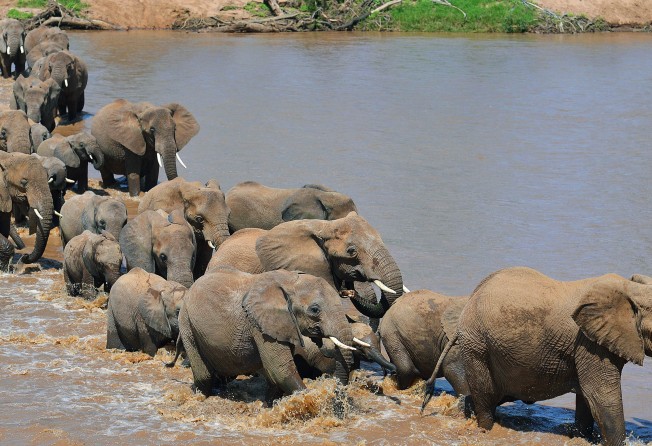Elephants can survive if we stop insatiable demand for ivory

I read with interest the points made by Ethiopia's honorary consul in Hong Kong, Dennis Ng Wang-pun, about preserving the ivory trade and, following the publicity, the apparent reversal of his stance.
While the report states this U-turn is in his official capacity ("Diplomat to change ivory stance", June 21), what is really needed is a complete personal change in attitude, of course not just for Mr Ng but from the public. The largest challenge facing those trying to save the likes of the elephant, rhino, pangolin and other endangered species is stopping the demand.
When will buyers understand that in order to have ivory, an elephant needs to be killed, often a slow death and with tragic consequences to the rest of the herd, especially the calves that are left abandoned?
When will people understand that rhino horn has no more medicinal properties than a finger nail (it's the same material)? Can we get the message across and reverse the demand before it is too late? It is generally accepted that one elephant is killed every 15 minutes for its ivory, that's 100,000 a year. With a population of between 350,000 and 450,000, in 10 to 14 years, there will be no elephants left.
We are seeing an ever-increasing presence of mainland Chinese companies doing business in Africa. Sadly, this is having a direct impact on the wildlife there and the increase in poaching.
Governments are waking up to this problem and this now includes China, which has vowed to end the ivory trade.
Why does the Hong Kong government see the need to protect a trade that guarantees the extinction of one of the planet's most impressive species? What does it have to gain by doing this?
It is hard to understand how the Agriculture, Fisheries and Conservation Department can possibly say that the current regulatory framework is effective. The international trade in ivory has been banned for the past 26 years.
How can it be possible that more than 400 traders in Hong Kong can still be in business from existing ivory stocks from more than 25 years ago?
We all have a part to play in persuading those with new wealth not to buy ivory, especially those who are meant to be setting an example to others.
Colin Dawson, The Elephant Society